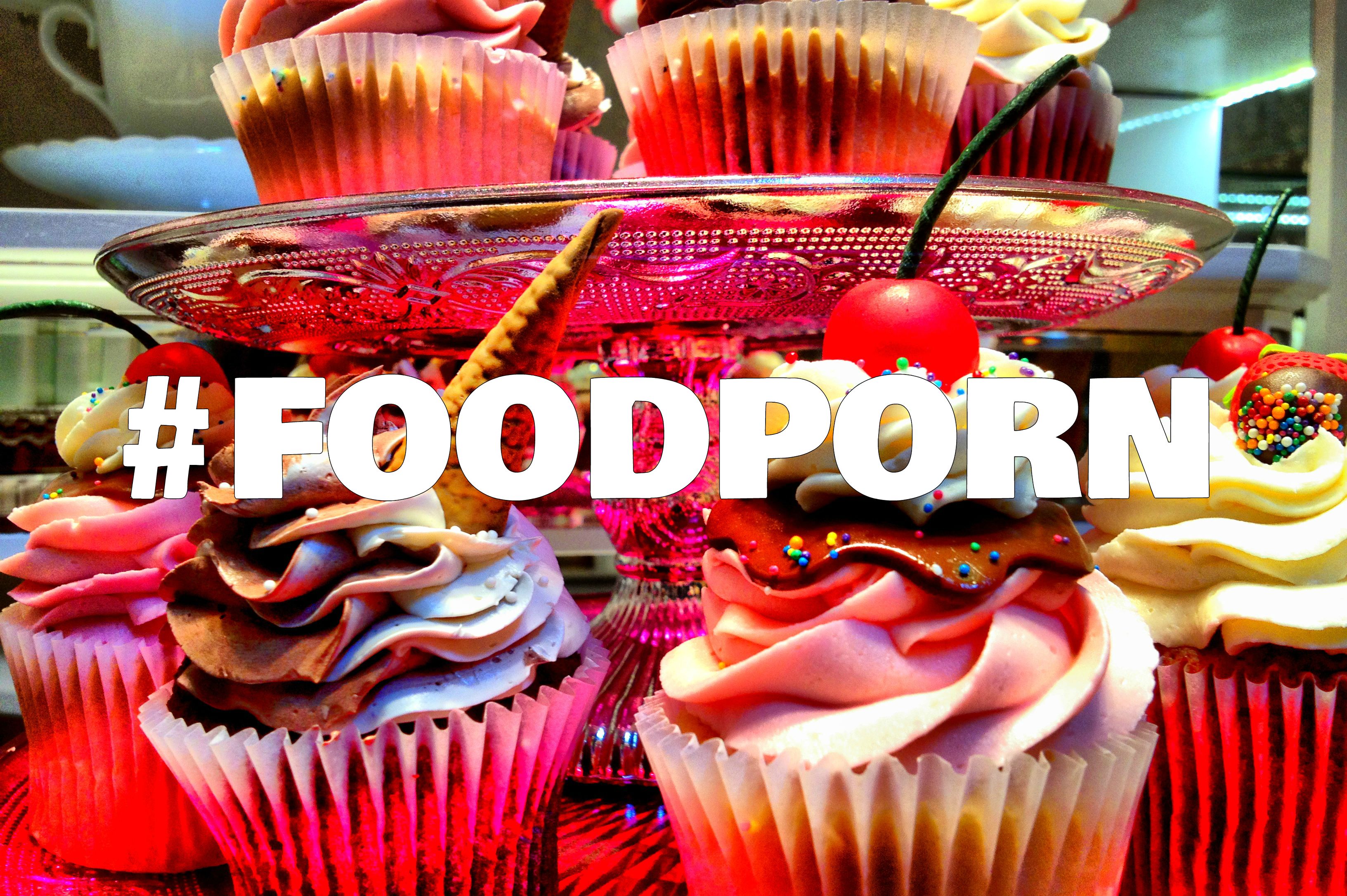“I despair of the term ‘clean eating’…it necessarily implies that any other form of eating – and consequently the eater of it – is dirty or impure and thus bad.” – Nigella Lawson.
In an age where food has perhaps never been so digitally in our faces, with 10-second videos of nutella-stacked-brownie-marshmallow-coated towers being viewable at our fingertips, one would think that food has never been so celebrated, so loved and so enjoyed. On the other end of the scale, there are hundreds upon hundreds of clean-eating blogs, ‘wellness’ advocates and aesthetically pleasing Instagram accounts filled with smoothies and soy milk. Again, one would think that food is being seen as a way to improve our lives; it makes us feel stronger, healthier and more focused. It is these two extremes though, that are making our relationship with food more troubled than ever. What has happened is that the so-called middle ground is utterly absent, and therefore social media seems to only advocate two attitudes towards food; both of which are ultimately troubling.
Indeed, the dichotomy that surfaces is so extreme that we don’t even consider the two in the same category. Food that we see splashed across our social media is either ‘food porn;’ three-tiered cookie dough cakes, piles of slowly stretching melted cheese, molten BBQ sauce and fried chicken, or it is ‘clean eating;’ gluten-free spelt pasta, smashed avo on rye bread, smoothie bowls. What then happens is that whilst we are ogling at both, we slowly forget that we are only witnessing the ends of a spectrum. Food is becoming all about extremes, feeding directly into the binging ethos that pervades the world of social media-induced eating disorders and orthorexia – an obsession with eating foods that one considers healthy.
‘Food porn’ places food on a pedestal, and luxuriates in excess. The main propagator of this is Buzzfeed’s ‘Tasty,’ a phenomenon which boasts 80.3 million likes on its Facebook page – that’s nearly 20 million more than the population of the UK. In a way that is almost painfully enticing, mouth-wateringly delicious short-clip videos are rife on social media yet are presented in a fetishized way. We’re invited to gaze at the food, yet along with that comes a fear and knowledge that it should never be consumed. The physical distance between eyes and screen bolsters this, and the link between sex and food established here in fact contributes to certain foods being designated as taboo, in a similar rhetoric to the way in which ‘wellness’ bloggers create taboos out of things that are perfectly normal such as gluten and dairy.
Indeed, the myth of ‘wellness’ is just as harmful as the influence of ‘food porn.’ On the other end of the scale, ‘wellness’ is a brainwashing mantra spreading at a rapid pace. Whereas ten years ago Nigella Lawson’s How To Be A Domestic Goddess was topping cookbook charts with her advocacy of homely comfort foods, now people like Ella Mills (‘Deliciously Ella’) are taking over with their brand of ‘wellness,’ nutribullets, cauliflower rice, courgetti, and chia seeds. Upon investigation, food writer Ruby Tandoh found that of the bestsellers in Amazon’s Food & Drink category, 18 out of the 20 are cookbooks with a f ocus on ‘clean’ eating and dieting. By reducing food to its aesthetic artifice, often achieved with a photo of a centrally placed bowl of raw food, with a filter that matches the rest of the blog’s colour scheme, bloggers suddenly are calling themselves nutritionists.
ocus on ‘clean’ eating and dieting. By reducing food to its aesthetic artifice, often achieved with a photo of a centrally placed bowl of raw food, with a filter that matches the rest of the blog’s colour scheme, bloggers suddenly are calling themselves nutritionists.
Clean eating suggests that any other food is unclean, impure, dirty, and therefore bad; and the rhetoric employed by so-called nutritionists raking in on their ethos of ‘wellness’ is part of the problem, using words like “pure” and “evil” in relation to certain foods that they deem unfit. Coeliac disease is a real and serious condition whereby sufferers cannot eat gluten – however, these self-defined ‘nutritionists’ say that gluten, for anyone, causes anything from “head fog” to being “sandpaper in the gut.” It isn’t harmful to promote healthy eating, but these bloggers shame foods that do not need to be shamed; calling things like rice, flour, and sugar “toxic” and “acidic.” This rhetoric then spreads to the masses; if someone feels guilty for eating a slice of white bread, how guilty are they going to feel for eating a donner kebab? It is utterly detrimental to people’s relationship with food, and something that perhaps is even worse than so-called ‘food porn’.
Why isn’t food celebrated for its warmth, its comfort, its variety? Why must it be all or nothing – towering stacks of doughnuts or amaranth-infused quinoa? By fetishising food, and by subliminally buying into the ethos of binging, purging, punishment and guilt, society’s relationship with food will only grow more troubled.
Steph Green
(Image courtesy of The Odyssey)

